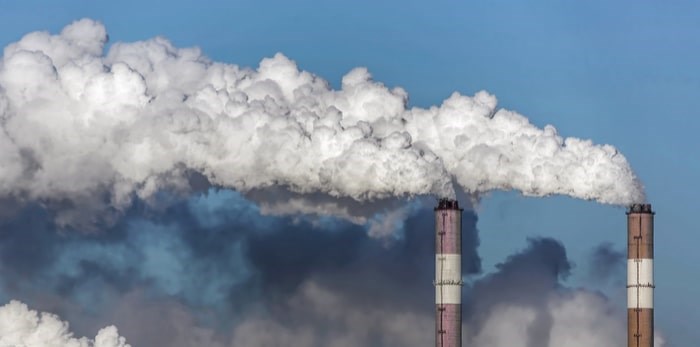In this year of the COVID-19 pandemic, the proportion of British Columbians who refer to the environment as the most important issue facing the province has remained in single digits.
Concerns about health care, housing and the economy have dominated the landscape before, during and after voters cast their ballots in the provincial election.
That different generations are primarily worried about other matters does not mean that our appetite for environmental protection is nonexistent. When Research Co. and Glacier Media asked the province’s residents about their personal environmental concerns, majorities of residents expressed an interest in preservation.
About two-thirds of British Columbians say they are personally concerned about three specific problems: the pollution of rivers, lakes and reservoirs (66 per cent), air pollution (65 per cent) and the pollution of drinking water (also 65 per cent).
More than three in five British Columbians (63 per cent) are personally worried about global warming or climate change – including 67 per cent of women and 67 per cent of those aged 55 and over.
There is a major difference on this issue when political allegiance is reviewed. The proportion of voters who are personally concerned about global warming or climate change climbs to 72 per cent among those who supported the BC New Democratic Party (NDP) and the BC Green Party in last month’s election. Among those who cast ballots for the BC Liberals – the party that implemented the first carbon tax in North America in 2008—it drops to 52 per cent.
Six other issues are also identified as personal concerns by more than half of British Columbians: the contamination of soil and water by toxic waste (60 per cent), deforestation (58 per cent), the extinction of plant and animal species (also 58 per cent), the depletion of fish stocks through overfishing (also 58 per cent), the loss of tropical rain forests (55 per cent) and the maintenance of the supply of fresh water for household needs (also 55 per cent). Across the province, only seven per cent of residents are not worried about any of these issues.
British Columbians who yearn for environmental stewardship may take solace in the outcome of the presidential election in the United States. Joe Biden has vowed to return his country to the Paris Agreement, bringing back a focus on renewable energy and climate change mitigation that was absent under Donald Trump.
When British Columbians are asked about the level of attention that their own representatives are paying to the environment, the results are dissimilar. While 44 per cent believe the provincial government is striking the right tone, the proportion drops to 38 per cent for both federal and local administrations.
In addition, 41 per cent of British Columbians think Ottawa is not paying enough attention to the environment, compared to 38 per cent for local governments and 35 per cent for Victoria.
The provincial government does slightly better than the others, but there are differences on some key demographics. Two in five women in British Columbia (40 per cent) want Victoria to do more, along with 39 per cent of residents aged 55 and over and 45 per cent of BC Green Party voters. BC Liberal voters are more likely to believe that the provincial government is doing too much (16 per cent) than those who voted for the BC NDP (seven per cent) and the BC Greens (six per cent).
More than 12 years after the introduction of the provincial carbon tax, just over a third of British Columbians (37 per cent, down eight points since we asked in 2019) think it has led people to be more mindful of their consumption and change their behaviour.
The province’s youngest adults, who have matured with the provincial carbon tax, are more likely to believe that it has had a positive effect on the behaviour of residents (53 per cent). The numbers are lower among those aged 35 to 54 (34 per cent) and among those aged 55 and over (26 per cent).
It is also important to note that 64 per cent of British Columbians say the carbon tax has not negatively affected the finances of their household. The groups that are more likely to report setbacks adjusting to this situation are those aged 35 to 54 (40 per cent), residents of northern B.C. (49 per cent) and BC Liberal voters in the last provincial election (45 per cent).
British Columbia has seen remarkable generational gaps on other issues. During the last campaign, young adults focused on housing, homelessness and poverty, middle-aged voters picked the economy and jobs and those over the age of 55 expressed concerns about health care.
When British Columbians are asked to concentrate specifically on environmental issues, age plays a role in defining priorities. British Columbia’s baby boomers are more likely to personally worry about environmental problems – including climate change – than the province’s youngest voters. However, residents aged 18 to 34 are more convinced that policies like the carbon tax have already shifted behaviours. We will need to revisit these questions when our pre-pandemic lives return to see if the trends hold.
- Mario Canseco is president of Research Co.



